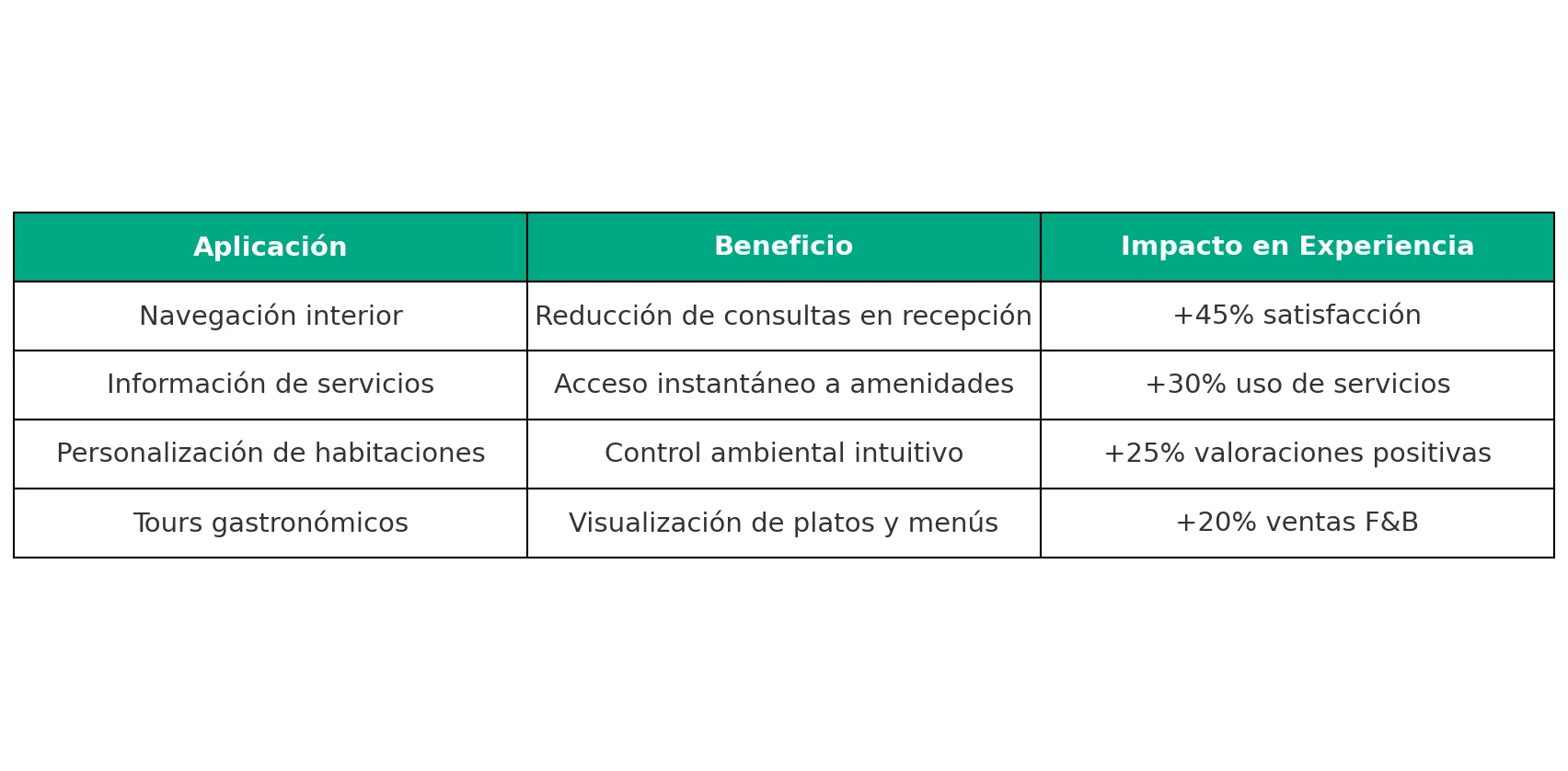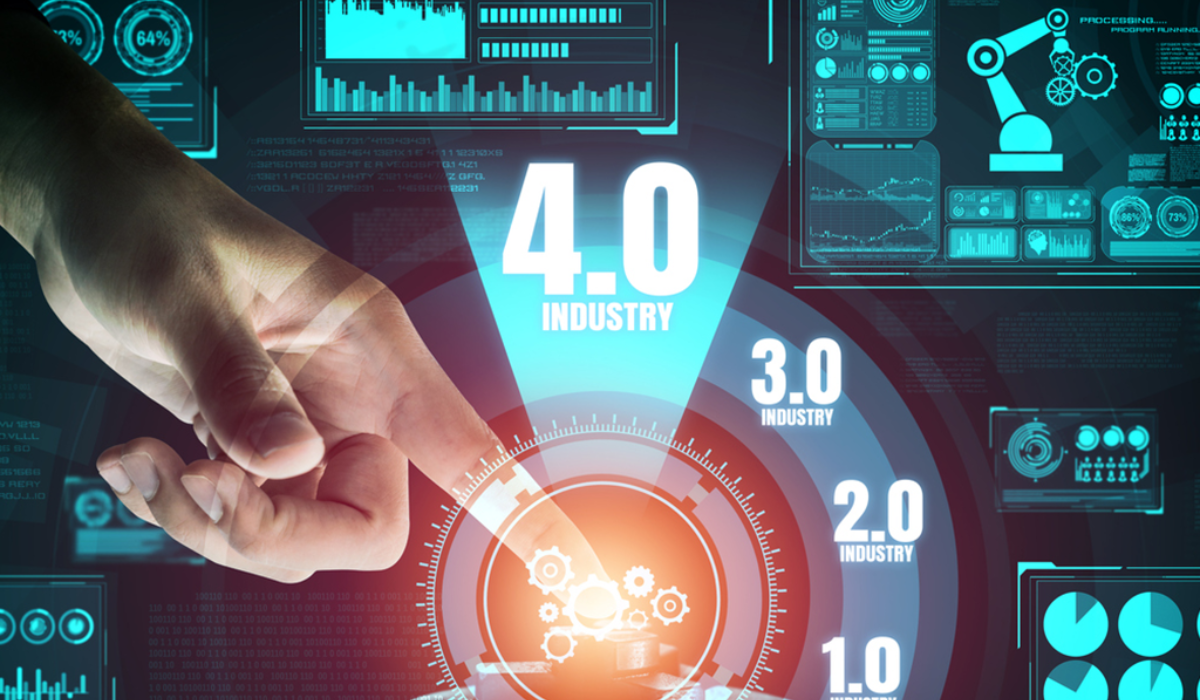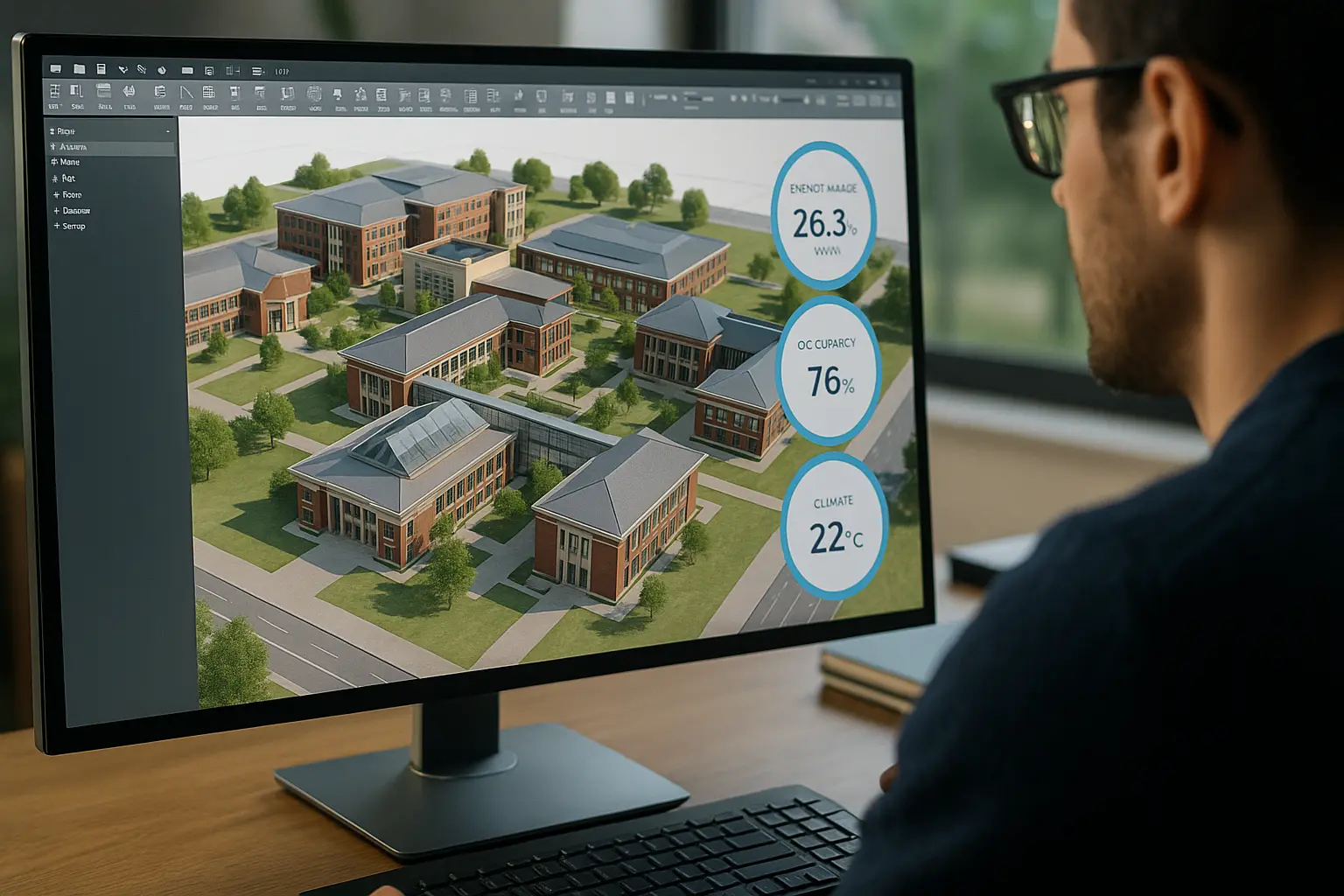Digital Twins and BIM: Revolutionizing the Guest Experience in the Hospitality Industry
What Are Digital Twins in the Hospitality Industry?
A digital twin in the hospitality industry is a virtual replica of the hotel’s physical facilities that integrates real-time data to optimize operations and enhance the guest experience. This technology, combined with Building Information Modeling (BIM), allows hotels to create immersive and personalized experiences that exceed traditional expectations.
Hotel Digital Twins act as digital brains that process data from IoT sensors, hotel management systems, and occupancy information to create an intelligent ecosystem. This integration enables anticipation of needs, resource optimization, and proactive service delivery that amazes guests.
The implementation of this technology has shown a 25% increase in customer satisfaction and a 30% reduction in operating costs, according to recent hospitality industry studies.
Hotel Optimization with BIM: Transforming Physical Spaces
Hotel optimization withBIM revolutionizes space management through the creation of intelligent 3D models that integrate architectural, structural, and systems information. This technology enables hoteliers to visualize, analyze, and optimize every aspect of their facilities before making physical changes.
Key Benefits of BIM Optimization:
–Construction cost reduction: Up to 20% savings on renovation projects
– Improved execution time: 35% faster implementation
–Planning accuracy: 95% estimation accuracy
–Predictive maintenance: Early detection of repair needs
BIM technology allows simulation of different occupancy scenarios, guest flows, and spatial configurations to determine the optimal layout that maximizes both comfort and profitability.
Hotel Remodeling with Digital Twin: Seamless Innovation
Hotel remodeling with digital twins enables architectural and functional transformations while minimizing operational disruptions. This methodology uses virtual simulations to plan, execute, and monitor renovation projects with millimeter precision.
Digital Remodeling Process:
- Full 3D scan of existing facilities
- Creation of the digital twin with historical and current data
- Simulation of remodeling scenarios
- Design optimization based on data analysis
- Real-time monitored execution
Hotels using this methodology report a 40% reduction in remodeling time and 50% fewer guest complaints during renovation.
Virtual Tours and BIM Augmented Reality: Immersive Experiences

Virtual tours powered by BIM technology offer guests the opportunity to explore hotel facilities before, during, and after their stay. This technology creates immersive experiences that boost direct bookings and improve customer satisfaction.
TheBIM augmented reality overlays digital information onto physical spaces, creating interactive experiences that guide guests, provide contextual information, and facilitate navigation in complex facilities.
Impact on Guest Experience: Measurable Data and Results
Implementing digital twins and BIM technology in hotels generates measurable impacts on the guest experience. Recent implementation data shows significant improvements across multiple satisfaction and operational metrics.
Proven Impact Metrics:
– Net Promoter Score (NPS): 35% average increase
– Check-in time: 60% reduction via digitized processes
– Issue resolution: 80% faster with predictive systems
– Service personalization: 90% of guests receive accurate recommendations
Digital twin systems process over 10,000 data points per guest during their stay, allowing needs to be anticipated and services to be personalized proactively. This predictive analytics capability transforms reactive hospitality into anticipatory experiences.
Future Trends: The Horizon of Smart Hospitality
The evolution of digital twins in the hospitality industry is moving toward integration with advanced AI, quantum computing, and mixed reality technologies. These innovations promise to create fully personalized and adaptive hotel experiences.
Emerging Innovations:
– Spatial Conversational AI: Virtual assistants embedded in the physical environment
– Predictive Digital Twins: Anticipating needs 48 hours in advance
– Hotel Mixed Reality: Full fusion of physical and digital spaces
– Smart Sustainability: Automatic energy optimization based on occupancy
The convergence of these technologies will position hotels as intelligent ecosystems that dynamically adapt to each guest’s individual preferences, creating truly unique experiences.
Conclusion: Transforming Hospitality with Smart Technology
Digital twins and BIM technology are redefining standards in the hospitality industry by creating more personalized, efficient, and memorable guest experiences. Strategic implementation of these technologies not only enhances customer satisfaction but also significantly optimizes operations and reduces costs.
At Foundtech, we understand that digital transformation in hospitality requires technical expertise and strategic vision. Contact us for consultation..



